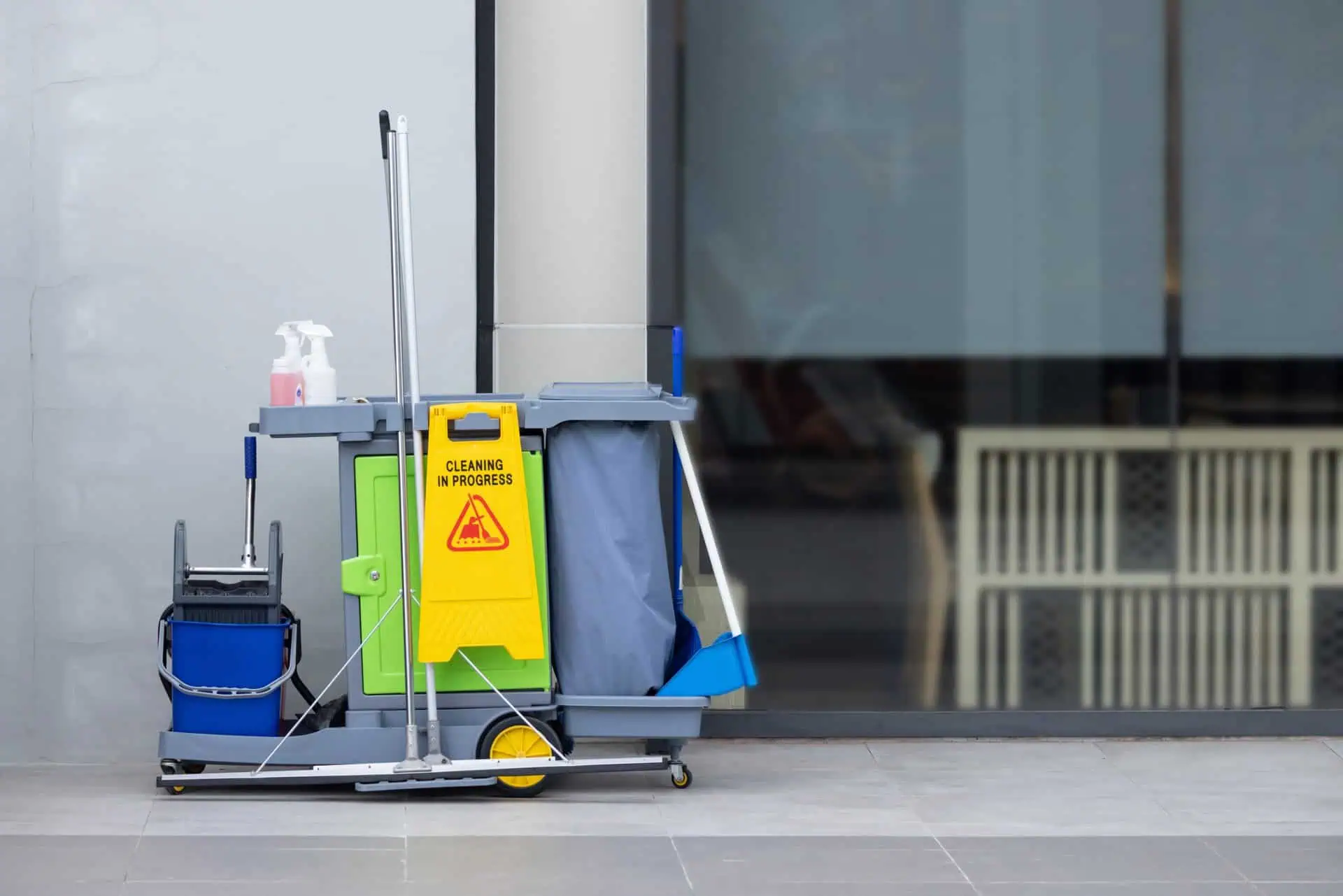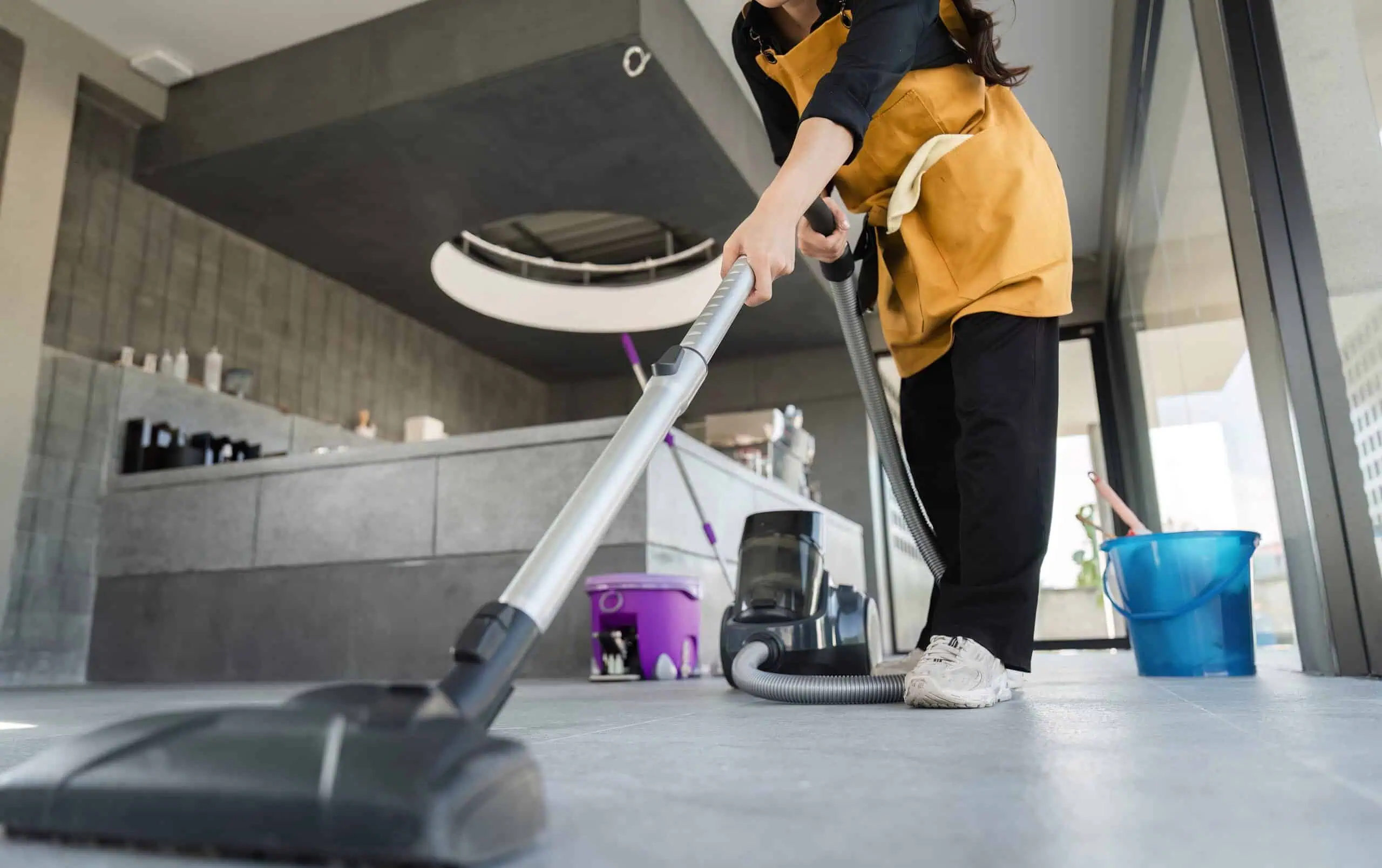Running a cleaning business in Ohio comes with its own set of risks. Whether you provide residential cleaning, commercial janitorial services, or specialized deep cleaning, accidents and unexpected incidents can happen. From property damage to client injuries, having the right insurance coverage can help protect your business from financial loss.
One of the most essential types of coverage for cleaning businesses is liability insurance. In this guide, we’ll explore why janitorial insurance is important in Ohio, what it typically covers, and how it can benefit your cleaning business.
What Is Liability Insurance for Cleaning Businesses?
Liability insurance is designed to help protect cleaning businesses from claims related to property damage, bodily injury, and other unexpected incidents that may occur while providing services.
For example, if a client slips on a freshly mopped floor or a valuable item is accidentally damaged during a cleaning job, liability insurance may help cover associated costs. This type of insurance is often considered a crucial safeguard for janitorial businesses of all sizes.
Why Do Cleaning Businesses in Ohio Need Liability Insurance?
Cleaning businesses operate in various environments, from private homes to corporate offices, medical facilities, and retail spaces. Each location presents unique risks that could result in financial losses without adequate coverage.
Here are some reasons why liability insurance may be important for your Ohio cleaning business:
- Accidents Happen: Even with the best safety practices, slips, falls, and damage to client property can occur.
- Client Contracts May Require It: Many commercial clients and property managers request proof of insurance before hiring a cleaning service.
- Legal Costs Can Be Expensive: If a client or third party files a claim against your business, liability insurance may help with legal defense costs.
- Employee Mistakes Can Lead to Claims: A minor oversight, such as using the wrong cleaning solution on a delicate surface, could result in costly damage.
By having the right liability coverage, your business may be better prepared for unexpected events.
What Does Janitorial Liability Insurance Typically Cover?
Janitorial liability insurance can provide protection in several key areas. While specific coverage details may vary, a general liability policy for a cleaning business may include:
- Bodily Injury: If a client, vendor, or third party is injured due to your business operations, liability insurance may help cover medical expenses or legal costs.
- Property Damage: Accidental damage to a client’s property during a cleaning job may be covered under liability insurance.
- Personal and Advertising Injury: If a business is accused of libel, slander, or false advertising, liability insurance may offer protection.
- Medical Payments: If someone is injured on-site due to your cleaning activities, this coverage may assist with medical bills, regardless of fault.
Business owners should review their policies carefully to understand coverage details and exclusions.
Does Liability Insurance Cover Employee-Related Incidents?
Liability insurance generally covers third-party claims but does not typically extend to employee injuries or disputes. For employee-related risks, cleaning businesses may consider additional policies such as:
- Workers’ Compensation Insurance: This type of coverage may help with medical expenses and lost wages if an employee is injured on the job.
- Employment Practices Liability Insurance (EPLI): This may offer protection against claims related to wrongful termination, discrimination, or workplace disputes.
- Janitorial Bonds: These can provide added protection against employee theft and help build client trust.
Cleaning business owners in Ohio can explore these options based on their workforce size and risk exposure.

How Much Does Janitorial Insurance Cost in Ohio?
The cost of janitorial insurance in Ohio depends on several factors, including:
- Business Size and Revenue: Larger businesses with more employees may have higher premiums.
- Types of Cleaning Services Offered: Specialized cleaning, such as hazardous material cleanup, may carry additional risks.
- Coverage Limits: Higher coverage limits may result in higher premiums but provide greater financial protection.
- Location: Insurance rates can vary based on the region, crime rates, and risk exposure.
- Claims History: Businesses with past claims may have higher premiums.
Getting a personalized quote from an insurance provider can help determine the best coverage for your budget.
Is Janitorial Insurance Required in Ohio?
While liability insurance may not be legally required for all cleaning businesses in Ohio, some situations may necessitate coverage:
- Client Contracts: Many commercial clients and government entities require proof of liability insurance before hiring a cleaning service.
- State or Local Regulations: Certain types of cleaning services may require specific licenses or insurance coverage.
- Leased Business Space: If your cleaning company operates from a commercial location, the landlord may require liability insurance.
Even if coverage is not mandatory, having insurance can provide peace of mind and financial protection for your business.
How Can Cleaning Businesses in Ohio Reduce Insurance Costs?
There are several ways to potentially lower janitorial insurance premiums while maintaining adequate coverage:
- Bundle Policies: Combining liability insurance with other policies, such as workers’ compensation or commercial auto insurance, may reduce costs.
- Implement Safety Training: Reducing workplace accidents and claims can help maintain lower premiums.
- Increase Deductibles: Choosing a higher deductible may lower premium costs, but businesses should ensure they can cover the deductible if needed.
- Maintain a Claims-Free Record: A history of fewer claims can positively impact insurance rates over time.
Discussing options with an insurance provider can help find cost-effective solutions tailored to your cleaning business’s needs.
What Other Types of Insurance Should a Cleaning Business Consider?
Beyond liability insurance, cleaning businesses in Ohio may benefit from additional coverage, such as:
- Commercial Auto Insurance: If your business uses vehicles for transportation, this coverage may help protect against accidents and damages.
- Business Property Insurance: Covers damages to business-owned equipment and office space.
- Business Interruption Insurance: May help replace lost income if operations are disrupted due to a covered event.
- Equipment Insurance: Protects expensive cleaning tools and machines from damage or theft.
Each cleaning business is unique, and selecting the right combination of coverage can help safeguard operations against unexpected risks.
Final Thoughts: Is Janitorial Insurance Worth It for Ohio Cleaning Businesses?
Running a cleaning business in Ohio involves daily risks, from accidental property damage to third-party injuries. Liability insurance can provide financial protection and help meet contractual requirements when working with clients. By understanding coverage options and working with a trusted insurance provider, cleaning businesses can find policies that fit their needs.
For more information on janitorial insurance in Ohio, contact Kirtley Insurance today to explore your coverage options and get a customized quote!





